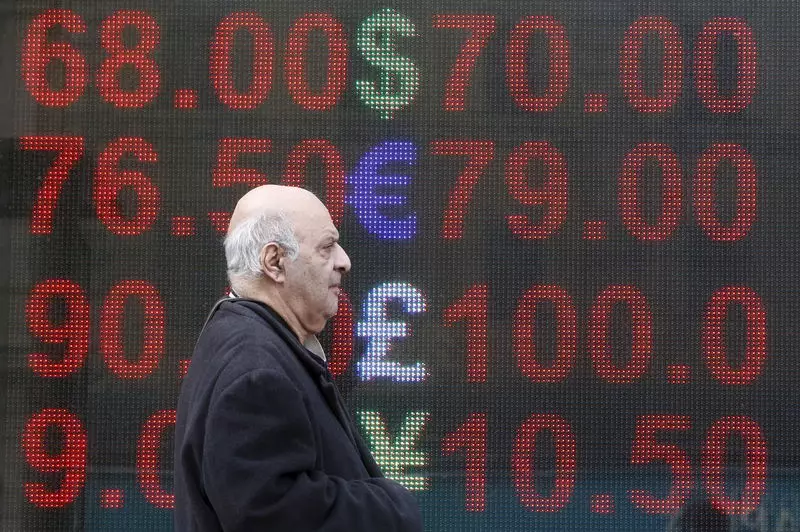The Swiss National Bank (SNB) is grappling with unexpected challenges as Switzerland’s inflation rate unexpectedly drops to 1.1% year-on-year in August, below both July’s figure of 1.3% and the projected rate of 1.2%. This decline indicates a significant slowdown in inflation, putting the SNB in a difficult position as it strives to meet its 1.5% target for the third quarter.
The SNB’s initial strategy of allowing the Swiss franc to appreciate to combat imported inflation has backfired, with the currency’s real effective exchange rate hitting a cyclical peak. This peak signals a loss of international competitiveness for Swiss exporters, who are already feeling the pressure in foreign markets. The negative inflationary contribution from imported goods, reaching a new high of -0.4 percentage points in August, underscores the challenges faced by Swiss industries.
Swiss exporters, particularly the manufacturing sector, are calling on the SNB to take action to alleviate the impact of the strong franc. With the domestic goods contribution remaining stable at 1.5 percentage points, the focus is on addressing the negative effects of imported goods on inflation. The SNB has already implemented two policy rate cuts, bringing the rate down to 1.25%, with further reductions expected to bring it below 1%. Additionally, the central bank may increase its foreign exchange purchases to counteract the franc’s appreciation.
While the SNB only began buying foreign currency in the first quarter of 2024, with CHF800 million in purchases, there is potential for a significant escalation in intervention. Historical data shows an average quarterly purchase of CHF13 billion between 2011 and 2021, indicating the possibility of a more aggressive approach to stabilizing the exchange rate. As the global inflationary trend recedes, the SNB faces the challenge of balancing economic stimulation with the need to prevent a deflationary cycle.
The Swiss National Bank is navigating a complex economic landscape characterized by unexpected inflation slowdowns and a strong Swiss franc. With exporters struggling to compete in international markets and inflationary pressures easing, the SNB must carefully consider its monetary policy decisions to support economic growth while maintaining stability.


Leave a Reply